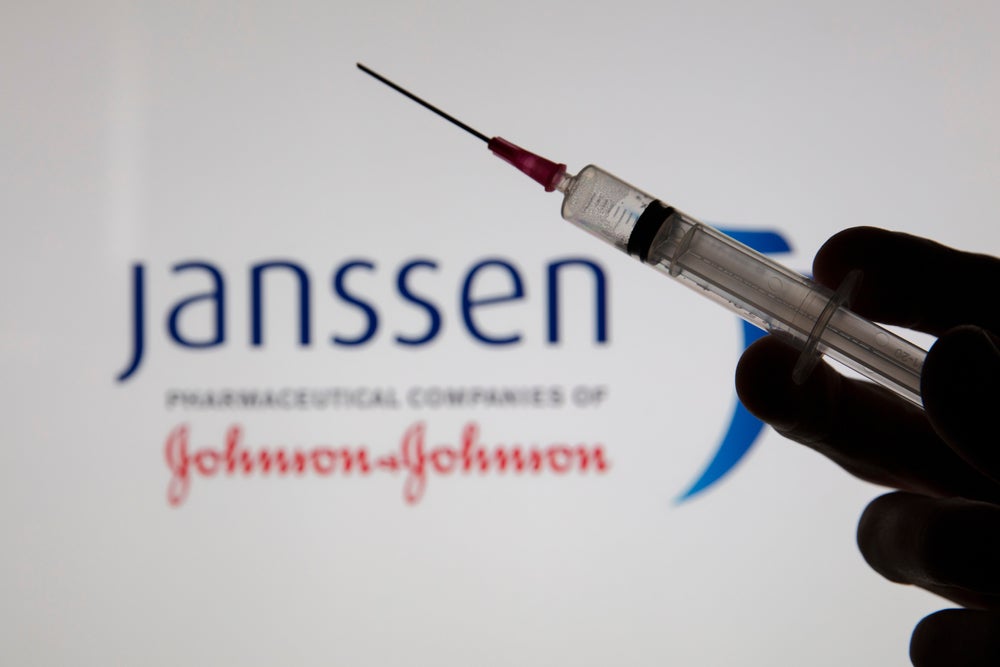
The Council of the EU has adopted recommendations proposed by the European Commission (EC) to combat antimicrobial resistance (AMR), setting targets for reduced antimicrobial use and increased surveillance.
The recommendations to combat AMR propose that there should be a 20% reduction in the total human consumption of antibiotics by 2030 alongside an even larger pushback against their use in animals, per the 13 June announcement.
Specifically, the overall EU sales of antimicrobials used in farm animals and aquaculture should be reduced by 50% by the same year. Farm animal welfare should also be improved to lower the chances of infectious diseases in farming.
The document also suggests that EU member states should take measures so that at least 65% of consumed antibiotics in humans consist of products classified in the Access group, as defined by the World Health Organization’s AWaRe classification.
To reach these targets, the EC suggests that national action plans are strengthened, by increased monitoring of antibiotic use in each country. Additionally, AMR and antimicrobial drug consumption should be better monitored in hospitals, long-term care facilities and elsewhere.
EU member states will also be encouraged to further support research and innovation with a push for incentives for the detection, prevention and treatment of infections caused by antimicrobial drug-resistant pathogens, per the document. The Council also welcomed the EC’s plans to support research of AMR countermeasures, namely through clinical trials of antimicrobials.
How well do you really know your competitors?
Access the most comprehensive Company Profiles on the market, powered by GlobalData. Save hours of research. Gain competitive edge.

Thank you!
Your download email will arrive shortly
Not ready to buy yet? Download a free sample
We are confident about the unique quality of our Company Profiles. However, we want you to make the most beneficial decision for your business, so we offer a free sample that you can download by submitting the below form
By GlobalDataThese recommendations were previously proposed by the EC alongside the long-awaited overhaul of the EU’s pharmaceutical legislation on 26 April . The reform also included further steps meant to incentivise the research and development of new antimicrobials, specifically through the debated transferable exclusivity voucher system where companies would gain a further year of exclusivity for one of their approved products as an incentive for pursuing antimicrobial research.
While the EC is the only EU institution that proposes laws, the Council of the EU and the European Parliament negotiate and adopt such laws. The Council of the EU should not be confused with the European Council, which is a different EU body that shapes the bloc’s political direction. As such, the adoption of the recommendation marks a further step in the EU’s efforts against the increasing threat of AMR.
According to the announcement, AMR causes over 35,000 deaths each year in the wider European Economic Area. This could grow to an estimated annual death toll of 10 million across the world, if the problem is allowed to grow. The World Health Organization considers AMR as one of the top 10 threats to global public health that needs to be addressed through multisectoral action.






